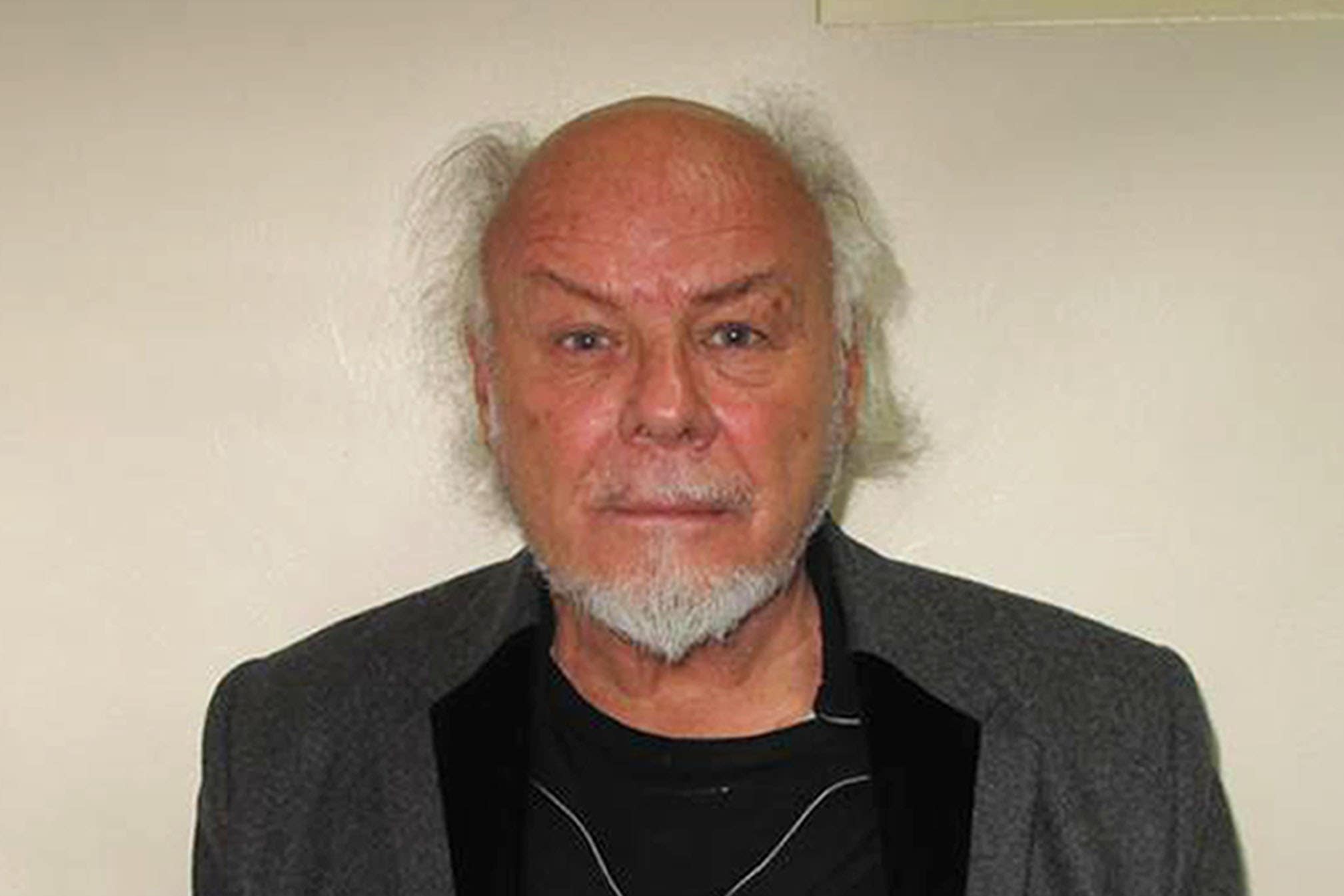Gary Glitter parole hearing takes place behind closed doors
It came after the 79-year-old was accused by lawyers of showing a ‘total lack of remorse’ towards his victims.

Your support helps us to tell the story
From reproductive rights to climate change to Big Tech, The Independent is on the ground when the story is developing. Whether it's investigating the financials of Elon Musk's pro-Trump PAC or producing our latest documentary, 'The A Word', which shines a light on the American women fighting for reproductive rights, we know how important it is to parse out the facts from the messaging.
At such a critical moment in US history, we need reporters on the ground. Your donation allows us to keep sending journalists to speak to both sides of the story.
The Independent is trusted by Americans across the entire political spectrum. And unlike many other quality news outlets, we choose not to lock Americans out of our reporting and analysis with paywalls. We believe quality journalism should be available to everyone, paid for by those who can afford it.
Your support makes all the difference.A parole hearing to decide whether disgraced singer Gary Glitter should be freed from jail took place behind closed doors on Wednesday.
It came after the 79-year-old was accused of showing a “total lack of remorse” towards his victims by lawyers representing a woman he abused when she was 12 years old and who is now suing him.
Glitter, whose real name is Paul Gadd, was jailed for 16 years in 2015 for sexually abusing three schoolgirls between 1975 and 1980. His sentence expires in February 2031.
He was automatically released from HMP The Verne, a low-security prison in Portland, Dorset, in February last year after serving half of his 16-year fixed-term determinate sentence.
But he was put back behind bars less than six weeks after walking free for breaching his licence conditions by allegedly viewing downloaded images of children.
Parole judges review the cases of criminals who are recalled to prison to decide whether they should be re-released or stay behind bars for the rest of their sentence.
Parole Board decisions are usually made public 14 days after the proceedings, as long as there are no adjournments in the case.
In October a request for Glitter’s parole hearing to take place in public was rejected on the grounds that it was too difficult to contact all his victims.
Glitter’s fall from grace began in the late 1990s when he was jailed for possessing thousands of child abuse images.
In 2002 he was expelled from Cambodia amid reports of sex crime allegations, and in March 2006 he was convicted of sexually abusing two girls, aged 10 and 11, in Vietnam, and spent two and a half years in jail.
The offences for which he was jailed in 2015 came to light as part of Operation Yewtree, the Metropolitan Police investigation launched in the wake of the Jimmy Savile scandal.